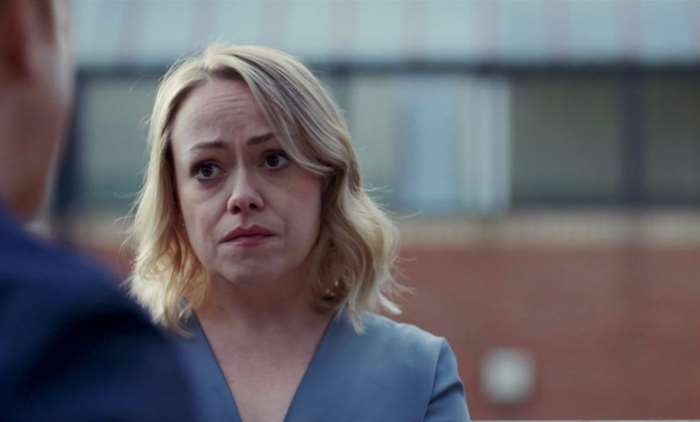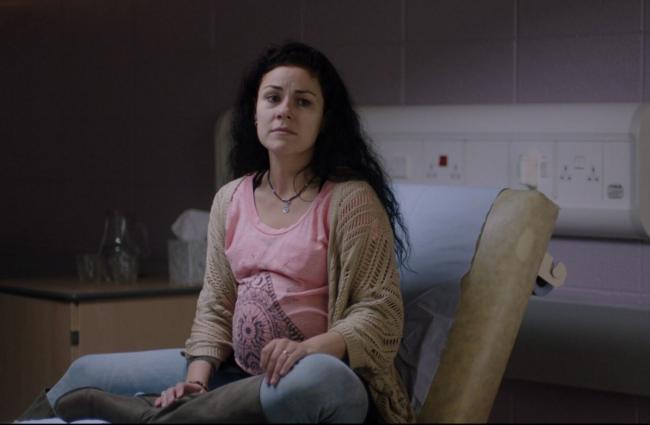
 (4 / 5)
(4 / 5)
What a fascinating film Y Sŵn is. No sooner has its writer, Roger Williams, struck gold with cult horror Y Gwledd than his Midas touch turns to the marking of forty years of S4C with this: a striking production that is as offbeat and realist, telling the story of how the Welsh TV channel came into being. Featuring an all-star cast of Welsh natives who perfectly attune themselves to playing key public figures of the time, it successfully immerses itself in the optimism and rancour of Margaret Thatcher’s first-term as Prime Minister. Full of energy and a bursting palette of colour, it truly marks itself as a distinctly British yet uniquely Welsh film.
The aesthetic right from the get-go resembles that of Killing Eve. In big bold letters, we are introduced to CARDIFF. The year is 1979 and there is a rich seam of colour which paints a positive picture of urban Welsh life. Ceri Samuel (Lily Beau) works at the Welsh Office, taking us into a shiny Mad Men-style series of corridors and meeting rooms where we are also introduced to key players in the civil service and government. The clever contrast between the ebullient colour of the former and monochrome presentation of the latter quickly marks out the heroes and villains of the piece. It also represents the vitality and strength of a nation against a stuffy and outmoded political leadership. Other forms of pop art appear throughout to give the film a slightly off-kilter, comedic edge. This sets it apart from the more fictionalised social realism of films like Pride to become a self-referential melodrama that nevertheless manages to maintain a sense of seriousness in respect of the story it wishes to tell.
The fine balance between dramatic and comedic forms is supremely kept by the onscreen talent. Assisted by the magnificent make-up and wardrobe departments, each character stands at an acute junction between verisimilitude and caricature. Willie Whitelaw is perfectly realised in the bushy eyebrows pinned and preened on Mark Lewis-Jones’ face. Sian Reese-Williams ensures a finely-pouted, drably-accented portrait of a scruffy-haired Iron Lady. Rhodri Meilir could turn up his pristine English act no more as Welsh Secretary, Nicholas Edwards. They play the part of authority figures straight enough to make them believable whilst subtly exaggerating them to undermine the abuse of power which leads to their attempts to back down on a manifesto pledge to establish a Welsh language television channel. In contrast, Carys Eleri plays Ceri’s superior with an effervescent humour that makes her a sympathetic character. Eiry Thomas plays devoted wife Rhiannon with enough emotional heart that belies her stereotypical dress. And Rhodri Evan brings a warm smile and gentle demeanour to troubled protagonist Gwynfor Evans to ensure his battle against the political might of Downing Street and Whitehall is portrayed with sufficient weight so as not to become a trivial matter. This is an important story albeit told in a highly imaginative way.
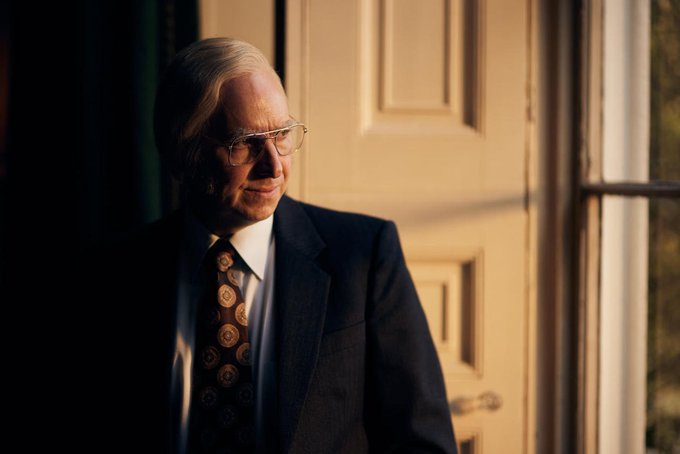
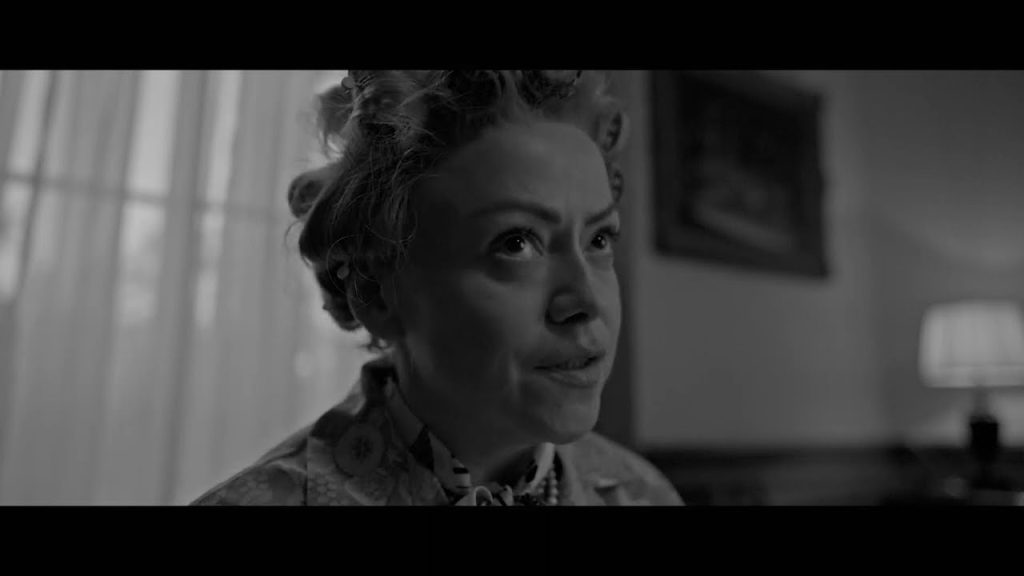
Y Sŵn represents the very best of Welsh filmmaking, in both its content and production. The ending is a surprising yet interesting one, paying homage as well as subverting an oft-derided formula. Its effect is heart-warming, in such a way as to instil a sense of pride in Welsh identity, complete with self-deprecation and humour. It also speaks to the small budget with which it was made, creatively used and referenced in the 4:3 home-movie ratio. You wouldn’t know it though from its professional and glossy finish. Y Sŵn is a real labour of love which stands among the best in contemporary British cinema.
Y Sŵn is showing in selected cinemas throughout March 2023. Click here to find out more.

Gareth Williams


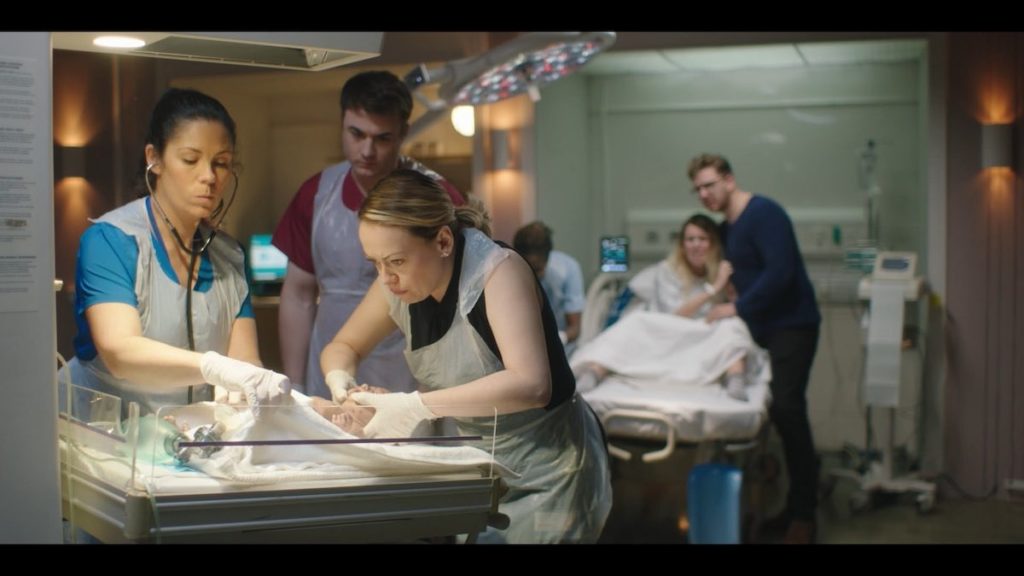
 (3 / 5)
(3 / 5)